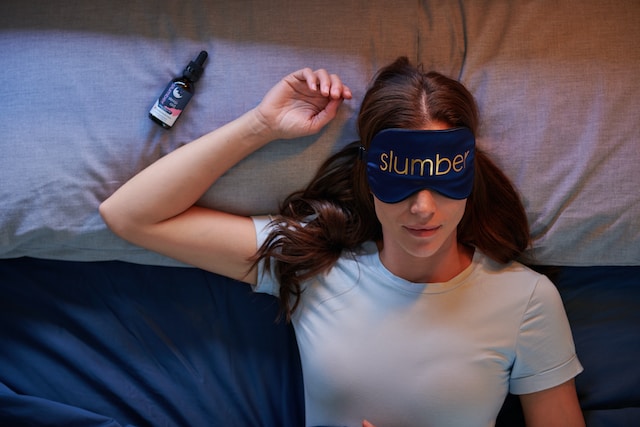We spend nearly a third of our lives asleep. Yet, many of us find ourselves tossing and turning, unable to catch those much-needed Z’s. Sleep is a critical component of our overall health and well-being. If you’re struggling with shut-eye, here are the top ten ultimate tips to help you drift into a peaceful slumber.
1. Create a Sleep Schedule
Consistency is key. Go to bed and wake up at the same time every day, even on weekends. This helps regulate your body’s internal clock and improve the quality of your sleep.
2. Optimize Your Sleep Environment
Ensure your bedroom is dark, quiet, and cool. Consider using earplugs, a white noise machine, or a fan to drown out noise. Blackout curtains or an eye mask can also be beneficial.
3. Invest in Comfort
A good mattress and pillow can make a world of difference. They should support your body in all the right places and be comfortable for your sleeping style.
4. Limit Screen Time Before Bed
The blue light emitted by phones, tablets, and computers can interfere with melatonin production, a hormone that regulates sleep. Aim for at least 30 minutes of screen-free time before hitting the hay.
5. Mind Your Diet
Limit large meals, caffeine, and alcohol before bedtime. These can disrupt sleep by causing discomfort and frequent awakenings.
6. Establish a Pre-Sleep Routine
This can include reading, taking a warm bath, or practicing relaxation techniques. Engaging in a consistent routine can signal to your body that it’s time to wind down.
7. Stay Active
Regular physical activity can help you fall asleep faster and deepen your sleep. However, try not to exercise too close to bedtime, as it might have the opposite effect.
8. Manage Worries
Instead of taking stress to bed, set aside dedicated “worry time” earlier in the day. Consider journaling or speaking with a friend or professional to process these thoughts.
9. Limit Naps
If you choose to nap during the day, limit yourself to about 20-30 minutes and avoid doing so late in the afternoon.
10. Seek Professional Help
If you’ve tried multiple strategies and still struggle with sleep, consider consulting a sleep specialist. They can provide insights and treatments tailored to your specific situation.
Conclusion:
Sleep is as essential to our well-being as food and water. By incorporating these tips into your routine, you can pave the way for better, more restorative sleep and reap the numerous health benefits that come with it. Sweet dreams!


